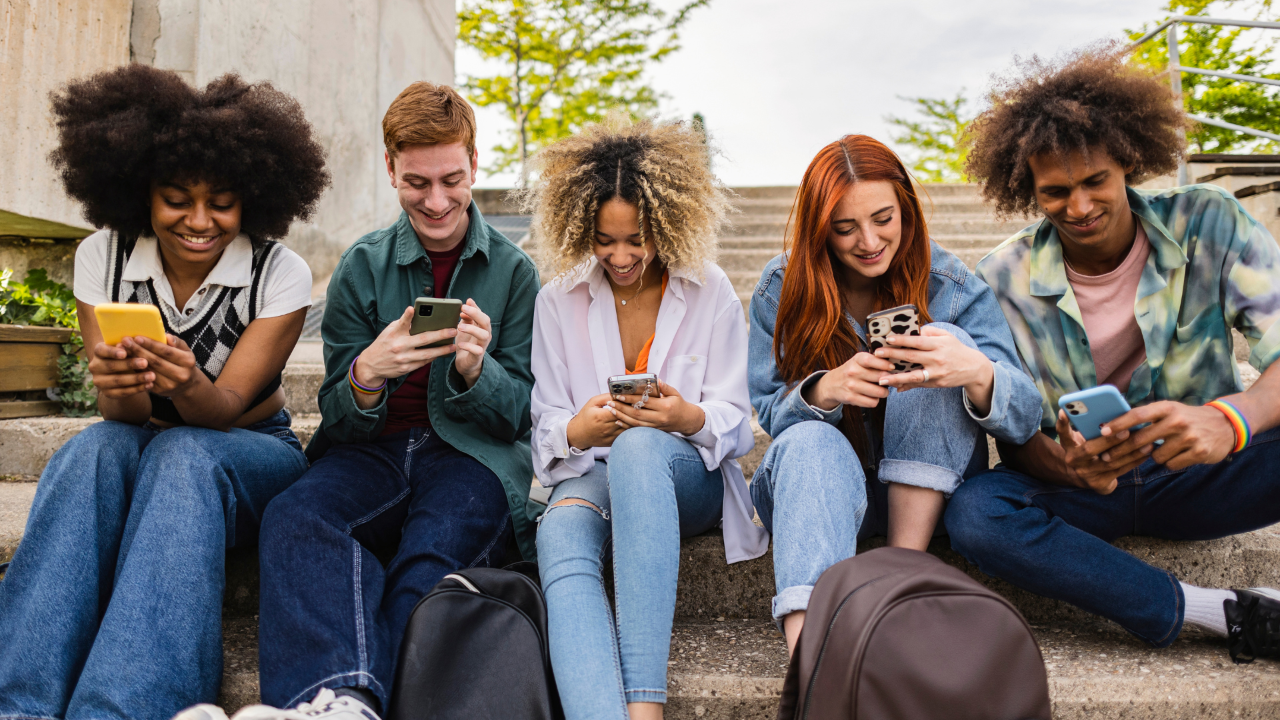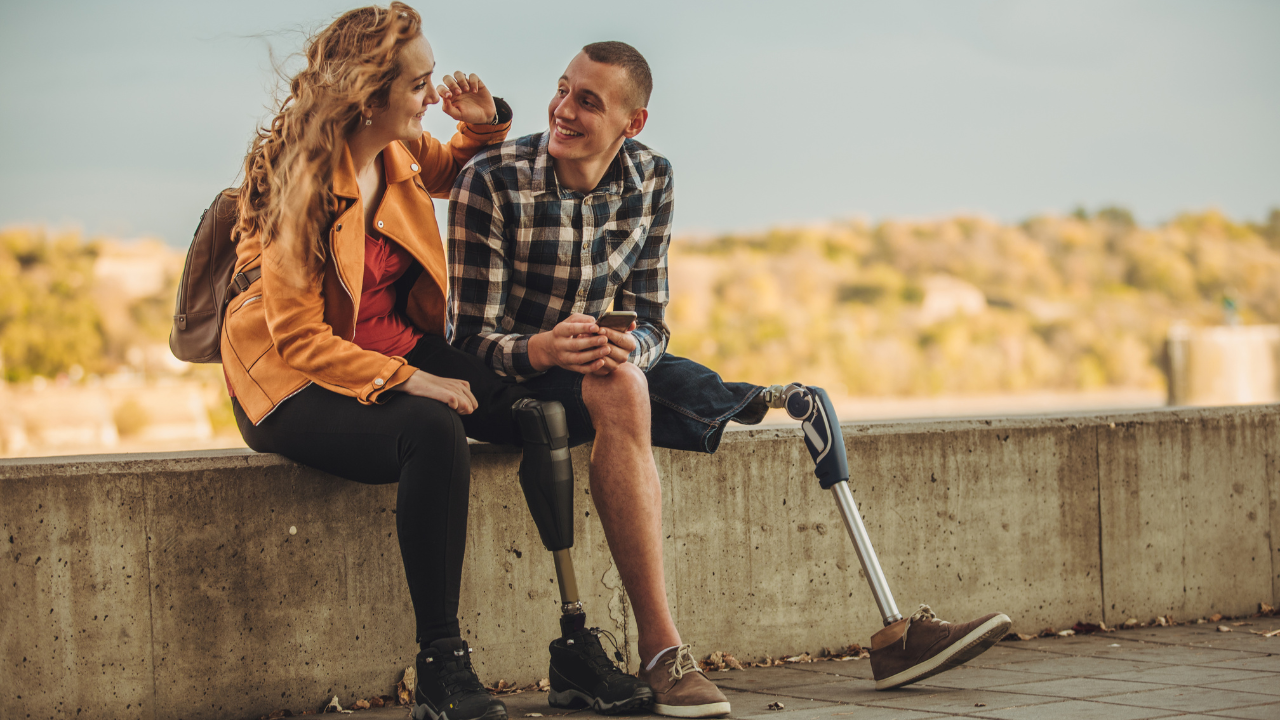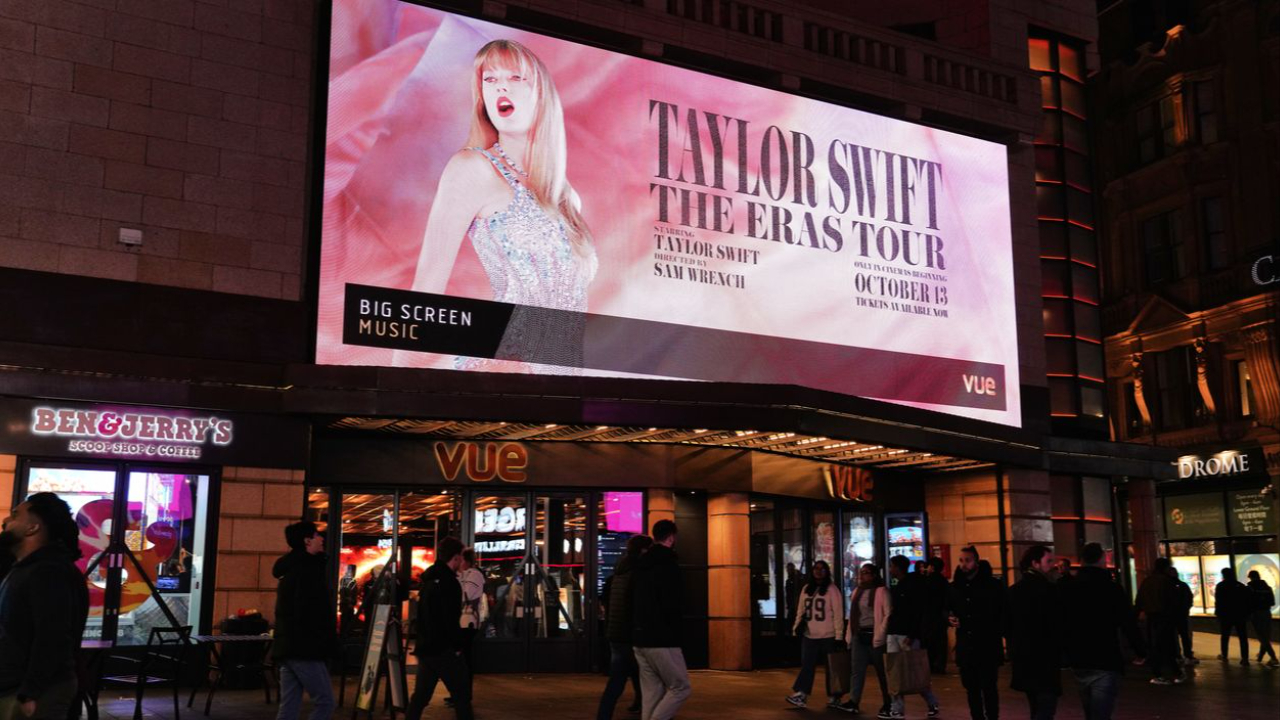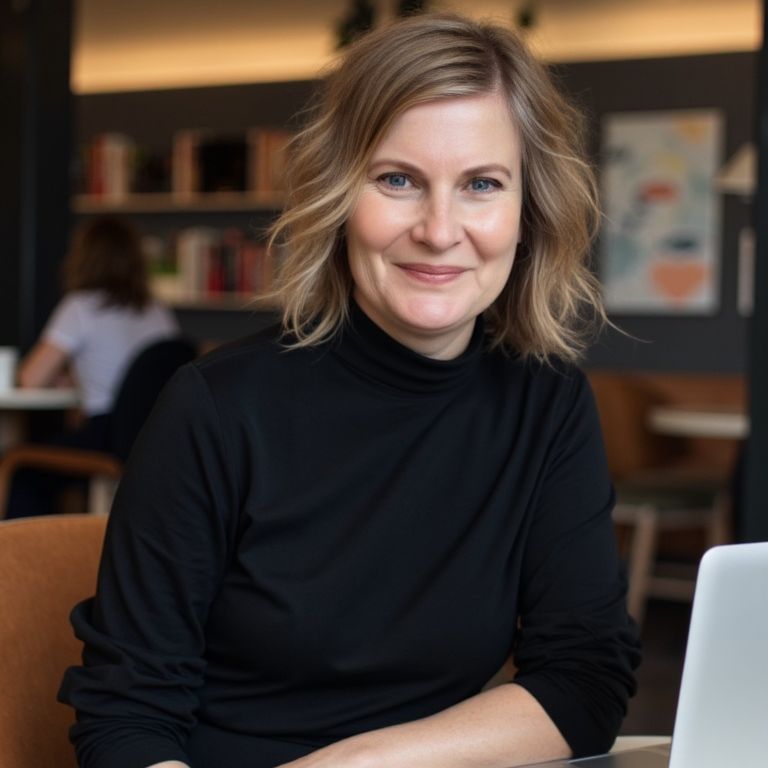Hidden in plain sight
Jul 30, 2021
As a child my parents told me I could do and be anything I wanted to be.
What I wasn't told was that because of my gender, society had long ago formed a contradictory set of ideas about what I could and couldn't be.
Those ideas were never explicitly spoken about in the community in which I grew up. Yet they informed every interaction, every conversation, and every attitude. They were so pervasive that they were all but invisible to us.
For anyone who had bothered to look though, they were easy to find. They were hidden in plain sight.
These ideas - ideas that have kept oppressive systems like the patriarchy and white supremacy in play for millennia - were hidden in sexist comments that weren't labelled as sexist. Or in racist and homophobic slurs that were called 'harmless' (by those who weren't the recipients of the slurs of course).
They were hidden in the movies and television shows I watched where every main character was a white man. (White women had supporting roles with very few lines and no depth in terms of character development and people of colour played the servants or the 'bad guys' or the inmates. All sexual relationships were heterosexual and all people were ably bodied and generally thin and attractive.)
They were hidden in history books which spoke about the exploits of white men. Only white men. I grew up being taught that no one else had done anything significant to shape our world. (In fact my brother and I used to argue about this all the time. He'd say, 'If women are so great why haven't they done anything worth writing about in a history book?' As a girl I couldn't answer that question. I didn't realise we'd been written out. I didn't realise we'd been made invisible.)
They were hidden in people's paycheques.
They were hidden in the pronouns people were using to describe humanity. Always male. Always said to represent all people. (Growing up, each time I was told that the term 'mankind' actually meant 'humankind', I'd say 'Well, if we're all so comfortable with having a gender specific term represent all people, how about we opt for 'womankind' as the overarching term?' Males have always laughed or looked at me oddly when I've said that.)
Society's preferences were never explicitly acknowledged but they were right there on the nightly news as a white man - always a white man - told us all about the serious and important events of the day. Women, if we were shown at all, told us about the weather in a happy sing song voice. (And that woman was always young, white, blonde and beautiful. She was never a woman of colour or pregnant or over the age of about 30. She never weighed over 50 kilograms and she didn't have wrinkles or grey hair. She was basically Barbie in human form.)
They were hidden in the Parliament where men laid claim to the Ministerial positions, including and especially the Prime Ministership. (To this day only one woman in Australia has had that privilege afforded her. Although many men made the experience so hellish for her, that I'm sure we all received the message loud and clear; 'We'll do everything in our power to undermine you if you start taking our jobs'.)
Because the only people who were interested in bringing these invisible assumptions to light were people that the system didn't favour; women, people of colour, it was easy to make these people look like crackpots, 'angry feminists', 'angry black men and women', outsiders. Not part of the mainstream. The system called us 'minorities' to ensure everyone was clear where the power lay. Not on the outskirts. In the centre. If you wanted to be a part of the powerful group, you didn't align yourself with the crackpots. You stayed firmly where you were.
And so these oppressive ideas formed the undercurrent of my life, never being drawn out and shown to me for what they actually were; a collective narrative that favoured white, heterosexual, ably bodied, wealthy, cisgendered males.
When this is the world you grow up in, you internalise oppression. You think it's normal to think about men's needs before you own.
You think it's normal that men should have the opportunity to voice their opinions on anything they turn their minds to, whilst women should only speak up occasionally and only on a few topics and never when there's an opportunity to hear from a man first.
You actually preference men's voices. And because of that, you're more likely to repeat their opinions than you are the opinions or experiences of women (or people of colour or refugees or immigrants, or people with a disability or transpeople or gay people). Of course you're not aware of this unless you end up being tested in a controlled room and asked to speak about who sounds more authoritative to you; about who you might be more inclined to believe. And because you don't realise your own bias you think you're being fair when you promote the man over the woman, when you choose books written by men rather than women, when you believe a man's story about sexual harassment or assault over a woman's story about the same incident.
You think it's normal for women's experiences to mean less than men's.
In such a world, it's an aberration for a woman* to speak up.
It's an aberration for a woman to talk about her experiences.
It's an aberration for a woman to demand that her experience be given the same space and afforded the same significance as a man's.
It's natural for you to grow up keeping a lot of things to yourself.
It's natural to silence yourself without even realising you're doing it.
And when, by some miracle you find the courage to speak up, it's natural to be frightened.
Which is why it's more important than ever to speak up.
There are actions we can take to change a society which wraps itself around a singular narrative and presents that as universal truth. My preferred action is using our voices to share stories.
Historically women had no avenue to do this. We had to pretend we were men to have our books published. Some women dressed as men, not because they were transgender, but because it was the only way to be taken seriously in their profession. In corporate and political settings women have often needed to behave like men in order to progress in their careers.
Technology has helped break down some of those barriers. Anyone with access to a computer and the internet (and I recognise there are large portions of the world who don't have that privilege, but if you're reading this, you do) now has the opportunity to speak.
Speaking up serves us all.
It's empowering to the person speaking. Whether she's heard by a few or heard by many, the fact that she's been able to express herself is enormously important.
It's empowering to others who've not felt confident speaking up. Seeing another woman speak up is often the very spark other women need to start speaking themselves. (#metoo was a recent example of this.)
It reminds the privileged that their way of seeing the world is not universal. It reminds them that there's a diversity of experiences and perspectives and that if they have a desire to be inclusive, they need to take account of those experiences.
It paves the way for a different future. One where our daughters see themselves as news anchors or as Prime Ministers or Presidents. One where she can advance in the corporate world while acknowledging her responsibilities to her family and attending to those needs too. One where women are seen on television and in movies as more than Barbie clones. One where the depth and breadth of what it is to be a woman is both seen and celebrated. One where a woman's body is her own and she gets to say who has access to it. One where it's ok to say no and males understand the meaning of that word.
The world has chanced a lot since I was a kid.
My daughter's stories about the world she grew up in will be different to my own. Much more free. Much more diverse.
And still, oppression is still the system de jour and there's a great distance to travel until the dream that many parents have for their children - that they can do anything and that the world will support them in that endeavour - is realised.
Those of us who grew up in a world that privileged white men above all others have a job to do; we must deconstruct the old patterning. We must see all those invisible stories that have been hidden in plain sight and we must work to release their grip on us.
Until we do this we'll continue to perpetuate the privileging of man over woman, white over black, cis over transgender, straight over gay, able bodies over bodies with different abilities.
When we don't take the time to unpack our own conditioning, we become a tool for oppression. We maintain it. We are not free. We are complicit in its unfolding.
And when that happens the harassment and sexual assaults continue. 'Minority' voices keep being trolled on the internet. Women occupy fewer positions of power. We continue to carry the mental load and the lion's share of domestic responsibilities. We keep being paid less than men. We think our bodies aren't good enough and spend millions each year on beauty products to improve our appearance. Men keep beating and murdering us. We speak up in meetings only to see a man receiving credit for sharing the same idea a few minutes later. We are given fewer and less important speaking roles in movies, fewer bylines in the newspaper, have our art hung in fewer galleries, feature less often as key note speakers at conferences, and are recorded less in the history books.
Each of us who desires a different future has work to do. Work in seeing and releasing the stories that keep oppression alive.
*In an attempt to maintain the form of this piece I'm going to stop making reference to every possible intersection of oppression. I hope however that it's understood that oppression works the same way vis-a-vis suppressing people's voices by virtue of their race, their sexuality, and/or their bodily ability and that the various forms of oppression also work together to form a complex web of silencing and suppression.





